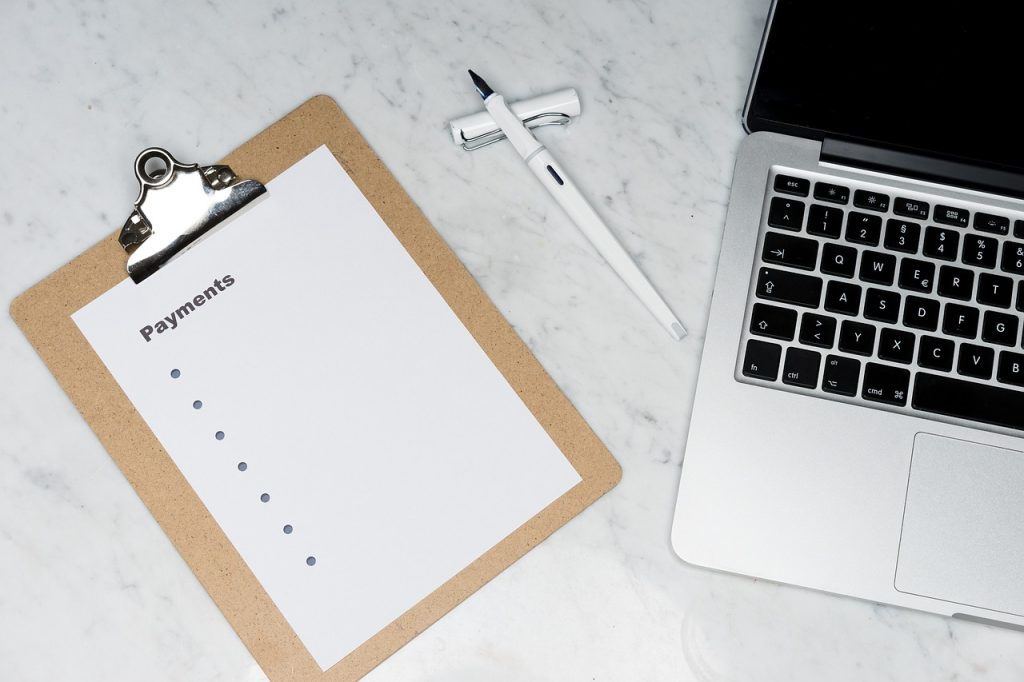If you deal with debt, either as someone who has it or wants to prevent it as much as possible, you’re going to come up against ’priority’ and ‘non-priority’ debts all the time.
What are they? What’s a priority debt versus a non-priority debt? Isn’t all debt a priority?
This post will explain all you need to know about priority and non-priority debts so you know exactly what everyone is talking about.
What are priority debts?
A priority debt is regarded as those where you would lose something important if you didn’t pay and where the organisation you owe has strong legal powers to collect money.
Priority debts include:
- Mortgage or rent
- Council tax
- Secured loans
- Court fines
- Child maintenance
- TV licence
- Income tax or national insurance
- Energy
If you missed paying any of these debts, the creditor has strong legal powers to enforce the debt. That could end up with you losing your home or worse.
Default on your mortgage and the lender can apply to repossess the house. Fall behind in your rent and a landlord can do the same.
Get into trouble with a secured loan and your home is at risk. Default on energy bills and you could be forced onto a prepayment meter or be cut off.
Fall behind on council tax, TV licence, tax or national insurance and the relevant government agencies have lots of powers to force payment.
One of those powers can result in imprisonment in the worst cases!
What are non-priority debts?
Non-priority debt isn’t a great term. Any debt needs to be a priority and all debts should ideally be paid in full if at all possible.
However, in this context, a non-priority debt is one where a default won’t have quite the same impact on your life as a priority debt would.
Non-priority debts include:
- Credit cards
- Overdrafts
- Money borrowed from other people
- Store cards
- Unsecured personal loans
- Payday loans
- Water or broadband
- Catalogues or buy now pay later agreements
While default on this type of debt is never good, you won’t (usually) lose your home or your liberty if you don’t pay.
It’s usually your credit score that’s hit and you may face legal action.
These creditors don’t have the same kind of powers the taxman or mortgage lender does though.
Dealing with priority and non-priority debts
Let’s get one thing straight, all debt should be a priority. It won’t go away until you do something about it, so all debt needs action.
However, debt that could result in you being homeless or being taken to court should definitely be paid first. Or arrangements made with those creditors before any other.
Discuss your situation with your creditor and make whatever arrangements you can to pay.
If you don’t want to deal direct, work with a debt charity who can help you arrange payment.
You’re not alone. You’re not necessarily going to be made homeless and you’re not going to prison.
It’s a tough situation to be sure, but there is help out there for anyone and everyone who needs it. Make sure to ask for that help if you think you need it.

